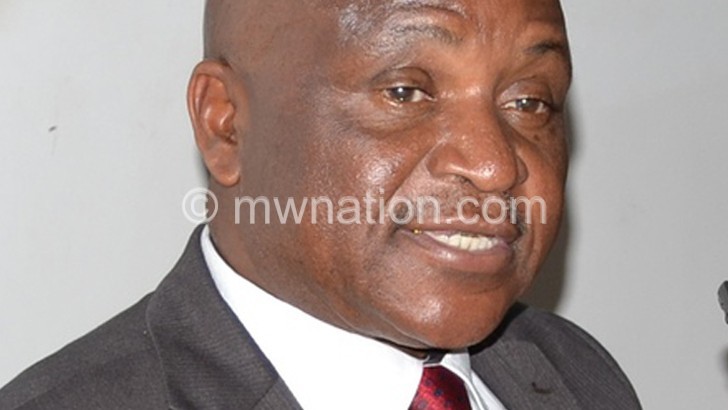Parliament external debt oversight questioned
Parliament, which authorises government to borrow, is yet to put its house in order on modalities for tracking and monitoring funds that the government gets through external debts.
In its 2012 report, An Analysis of Malawi’s National Debt, the Centre for Social Concern (CfSC) questioned Parliament’s failure to control public debt.

The report reads in part: “The National Assembly has never rejected any loan bill, worse still Parliament through its Budget and Finance Committee has never queried use of loan money on development projects despite that this is one of its roles as stated in Standing Order 159 (c).”
This week, three parliamentary committees were throwing the ball at each other as to which one has the oversight role on public debt which hit $2 billion (K1.5 trillion) in June this year, just 11 years after the country’s external debt was cancelled.

Chairpersons of Budget and Finance, Public Accounts and Government Assurances committees, when interviewed, did not take full responsibility for the matter.
When asked what role Parliament plays in ensuring the efficient utilisation of resources, Budget and Finance Committee chairperson Rhino Chiphiko on Tuesday said his committee was not directly involved in the monitoring of funds acquired through external debts.
He said: “That is not our area of responsibility. If you could ask the Government Assurances Committee.”
Later, when reminded that the Parliamentary Standing Order 159 (c) places examining of government’s domestic and external borrowing policies under his committee, he backtracked and confirmed that his committee was responsible for the task.
Government Assurances Committee chairperson Harry Mkandawire pushed the issue to the Public Accounts Committee whose chairperson Alekeni Menyani in a telephone interview on Wednesday also pushed the issue to two other committees.
“If it is about debts, the Budget and Finance [Committee] is better placed. We only come in after expenditure,” said Menyani.
Even when given examples of external loans whose expenditure was questionable, Menyani maintained that his committee was not responsible.
He said: “Well, that is expenditure. Until there is a performance or regularity audit then the Government Assurances Committee is the right door to knock on.”
Parliament spokesperson Leonard Mengezi on Tuesday promised to respond to our e-mailed questionnaire.
Questions over how government is managing its debts have come amid reports of stalled projects that were fully funded by external debt but have been of no benefit to taxpayers. For example, in 2014 Parliament authorised a $100 million loan from Exim Bank of India to purchase tractors and maize shellers for smallholder farmers and part of the Green Belt Initiative. But the equipment was sold off to politicians, civil servants and other private sector gurus for cheap, further burdening Malawians to service a debt they never benefited from.
Another loan that Malawi taxpayers will have to pay through the nose was acquired to buy equipment for the now defunct Youth Enterprise Development Fund (Yedef).
On the same list are the Thyolo-Makwasa-Thekerani Muona Road project financed by a loan in 2004 to the tune of $56 million from the Kuwait Fund for Arab Economic Development (KFAED), the Opec Fund for International Development (Ofid) and the Arab Bank for Economic Development in Africa (Badea), as well as the Zomba (Ndege)-Jali-Phalombe-Chitakale Road at $64 million.
The government in 2012 borrowed $7 million for the construction of the new Phalombe District Hospital which is yet to start.
Economics Association of Malawi (Ecama) president Chikumbutso Kalilombe said there was need to review the whole public debt management system if the country is to see a return from the resources that government borrows.
Said Kalilombe: “What we have to look at is not only the parliamentary oversight role but essentially the whole project management setup in the public sector. There must be real attempts to strengthen the capacity at every level whether at project management unit, ministry or departmental levels including Parliament itself. This would help to achieve efficiency as every level will have controls to protect government funds.”
Consumers Association of Malawi (Cama) executive director John Kapito yesterday called for a change in approach in the monitoring of public debt.
“The challenge is the model that we are using. Our parliamentary committees are not that strong compared to other democracies. We lack expertise in many aspects. There should have been an independent entity to track and monitor these loans,” he said.





